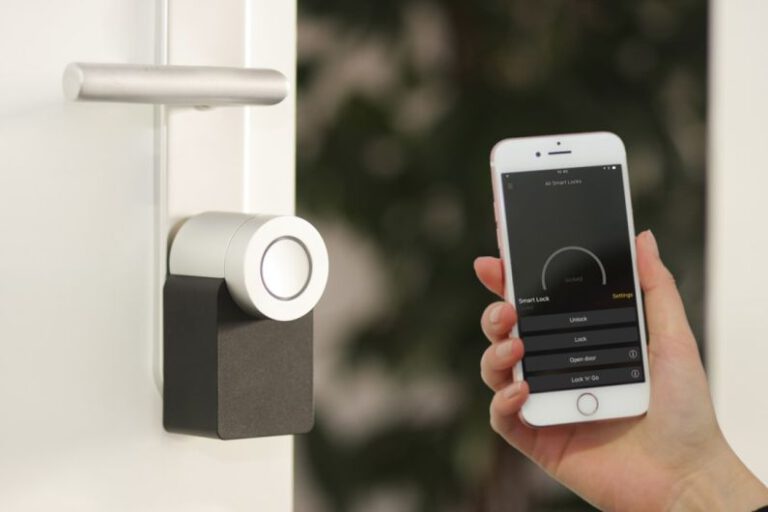Retail Automation: Changing the Shopping Experience Forever
The retail landscape is evolving rapidly, with technological advancements revolutionizing the way consumers shop. One of the most significant changes in recent years is the rise of retail automation, which is transforming the shopping experience for both customers and businesses. From self-checkout kiosks to inventory management systems, automation is reshaping the traditional brick-and-mortar store into a tech-savvy, efficient hub of commerce.
Enhancing Customer Convenience
Retail automation is all about providing convenience and efficiency to customers. With the proliferation of self-checkout kiosks in stores, shoppers can now scan and pay for their items without having to wait in long lines at the cash register. This not only saves time for customers but also reduces the need for additional staff, allowing businesses to operate more cost-effectively.
Moreover, automation has extended beyond the checkout process. Retailers are incorporating advanced technologies such as RFID tags and sensors to track inventory levels in real-time. This ensures that popular items are always in stock, reducing the likelihood of disappointed customers encountering out-of-stock products. Additionally, personalized recommendations based on past purchases are made possible through data analytics, creating a more tailored shopping experience for consumers.
Streamlining Operations
In addition to benefitting customers, retail automation is also revolutionizing the way businesses operate. Automating routine tasks such as inventory management and restocking shelves frees up employees to focus on providing better customer service and engaging in more strategic activities. By leveraging automation, retailers can optimize their supply chain processes, minimize errors, and improve overall efficiency.
Furthermore, automation enables businesses to gather valuable data on customer preferences and shopping patterns. This data can be leveraged to make informed decisions about product offerings, pricing strategies, and marketing campaigns. By harnessing the power of automation, retailers can gain a competitive edge in an increasingly crowded marketplace.
Creating a Seamless Omnichannel Experience
As consumers increasingly expect a seamless shopping experience across online and offline channels, retail automation plays a crucial role in bridging this gap. By integrating online and offline data through automated systems, retailers can offer a consistent experience to customers regardless of how they choose to shop. For example, customers can start browsing products online and seamlessly transition to a physical store to make a purchase, with their preferences and shopping history readily available to enhance their in-store experience.
Moreover, automation enables retailers to offer innovative services such as click-and-collect and same-day delivery, catering to the growing demand for convenience and speed in today’s fast-paced world. By investing in automation technologies, retailers can stay ahead of the curve and meet the evolving expectations of modern consumers.
Adapting to Changing Consumer Behavior
The rise of retail automation is not just a response to technological advancements but also a reflection of changing consumer behavior. Today’s consumers are more tech-savvy and time-conscious than ever before, seeking convenience, personalization, and efficiency in their shopping experiences. Retailers that fail to adapt to these changing preferences risk falling behind competitors who have embraced automation to meet the needs of today’s discerning shoppers.
Embracing a Future of Retail Automation
As retail automation continues to reshape the shopping landscape, businesses must embrace these changes to thrive in a rapidly evolving industry. By leveraging automation technologies to enhance customer convenience, streamline operations, create a seamless omnichannel experience, and adapt to changing consumer behavior, retailers can position themselves for success in the digital age. The future of retail is automated, and those who embrace this transformation will undoubtedly change the shopping experience forever.






